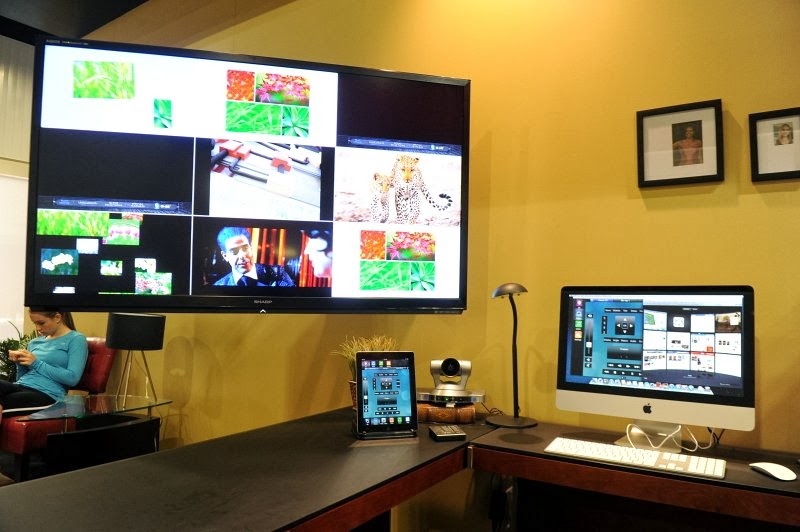Why You Should Upgrade The Technology In Your Home Office
As demands for more complex autonomous programs escalate in all theaters of computer interaction, hardware progressively suffers more under the weight of larger files and new coding procedures which the developers probably had little or no foresight running on an eight-year-old unit. Eventually, users have no option but to either upgrade their computer, tablet or smartphone, or simply purchase a new one. Chances favour that most serious home offices will also have a printer, fax machine, copier and scanner - maybe all in one compact device topped off with an inbuilt landline phone. But why bother upgrading? These are lifetime investments, right? Not quite.
Here are a few simple, albeit powerful reasons to make the jump into new hardware:
Efficiency
Time wasted on a geriatric HDD in tandem with page file swaps off classic DDR modules and a decade-old Nehalem pegging every time you launch Chrome on an expired OS really doesn't leave much for efficiency. A brand new computer can quickly pay for itself just in the time it saves users with updated architectures and software interactions. There are also routers to consider; older routers don't support 5GHz bandwidths and dual-band connections, which are quite useful - but remember that the connecting devices also have to be compatible with those features.
Developer Support
If anything goes wrong with any of the devices you count on to keep your business or job rolling on a day-to-day basis, developers and their parent companies are far more likely to offer support, refunds and exchanges for newer devices. Older devices and software may also fall prey to exploits, especially if they're no longer receiving updates to patch out these problems.
Compatibility With the Latest Peripherals
Your company gives you a USB 3.0 Kingston pen drive and requires you to use a Thunderbolt 2.0 peripheral on a laptop or tablet with company-funded cell data service. Except, well, there's a problem here: your USB ports are all 2.0, you lack a Thunderbolt port, and your laptop lacks any sort of cell radio. You can purchase converter peripherals for the latter two, but these can be difficult to find and may prove unreliable once you acquire them. In these situations, it's best to simply invest in a new computer.
Mobility
Smartphones are more than just phones. These provide not only relatively cheap Internet anywhere you go, but an astonishing gamut of innovative and incredibly lucrative apps. These can range from holding four-way phone video conferences, to network monitoring and intervention systems, to even remotely accessing files on your home office drives. Sometimes, you've got to leave the office and take your business mobile. These are the devices to do it with.
In an era of rapidly evolving digital technology, it's becoming increasingly necessary for computerized businesses to invest in upgrades to keep up with the snowballing demands for faster and more efficient communication, access and logistics wherever you go. Thankfully, as the price of this technology has dropped, it's become easier to invest in new technology as it becomes necessary. When the benefits outweigh what's lost, in the end, upgrading can only be a beneficial investment.
Author Bio:
Will has recently upgraded his office technology at work and is now considering doing the same at home. He is looking at Principal Office Systems for inspiration, and is considering all of his options.







